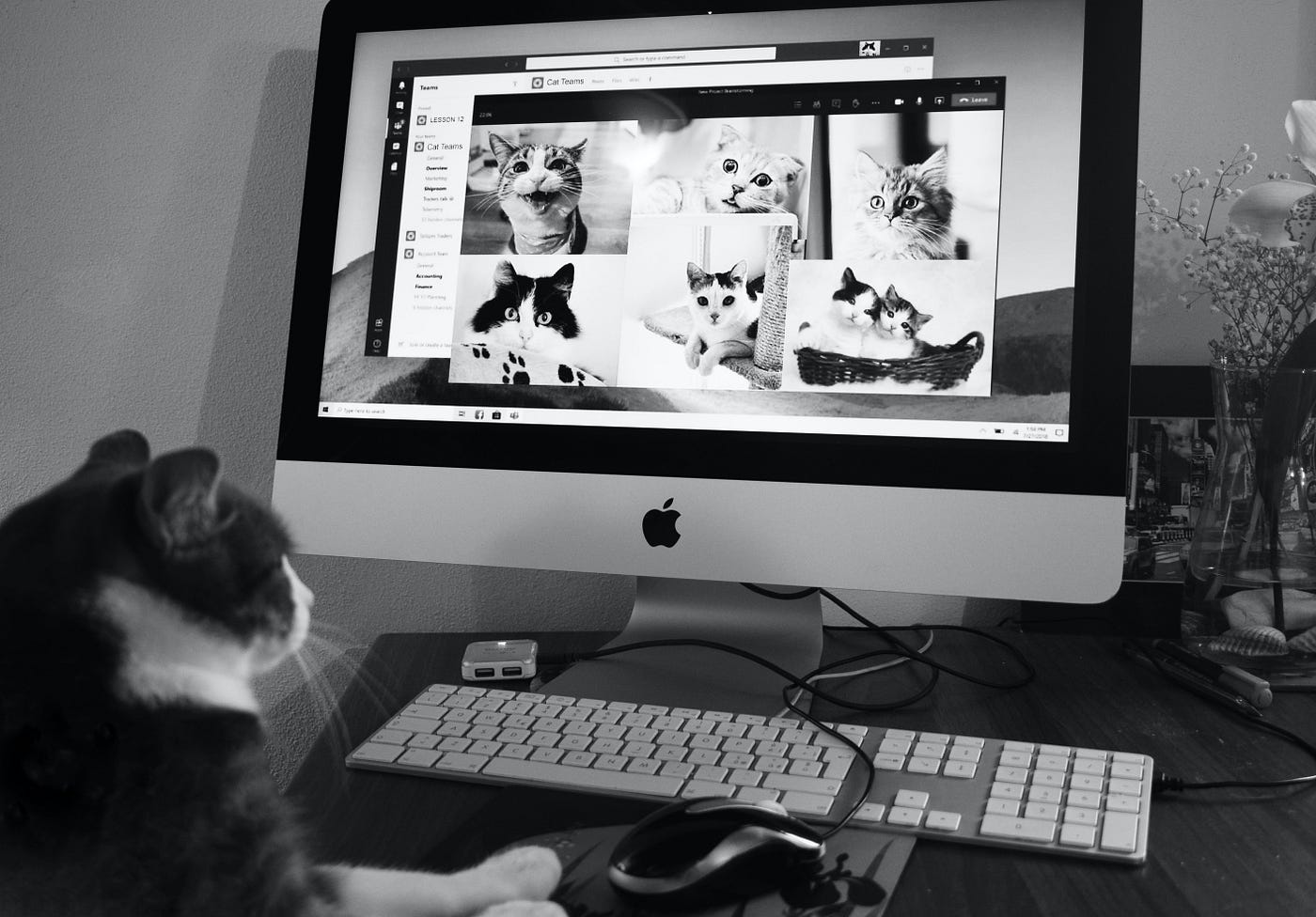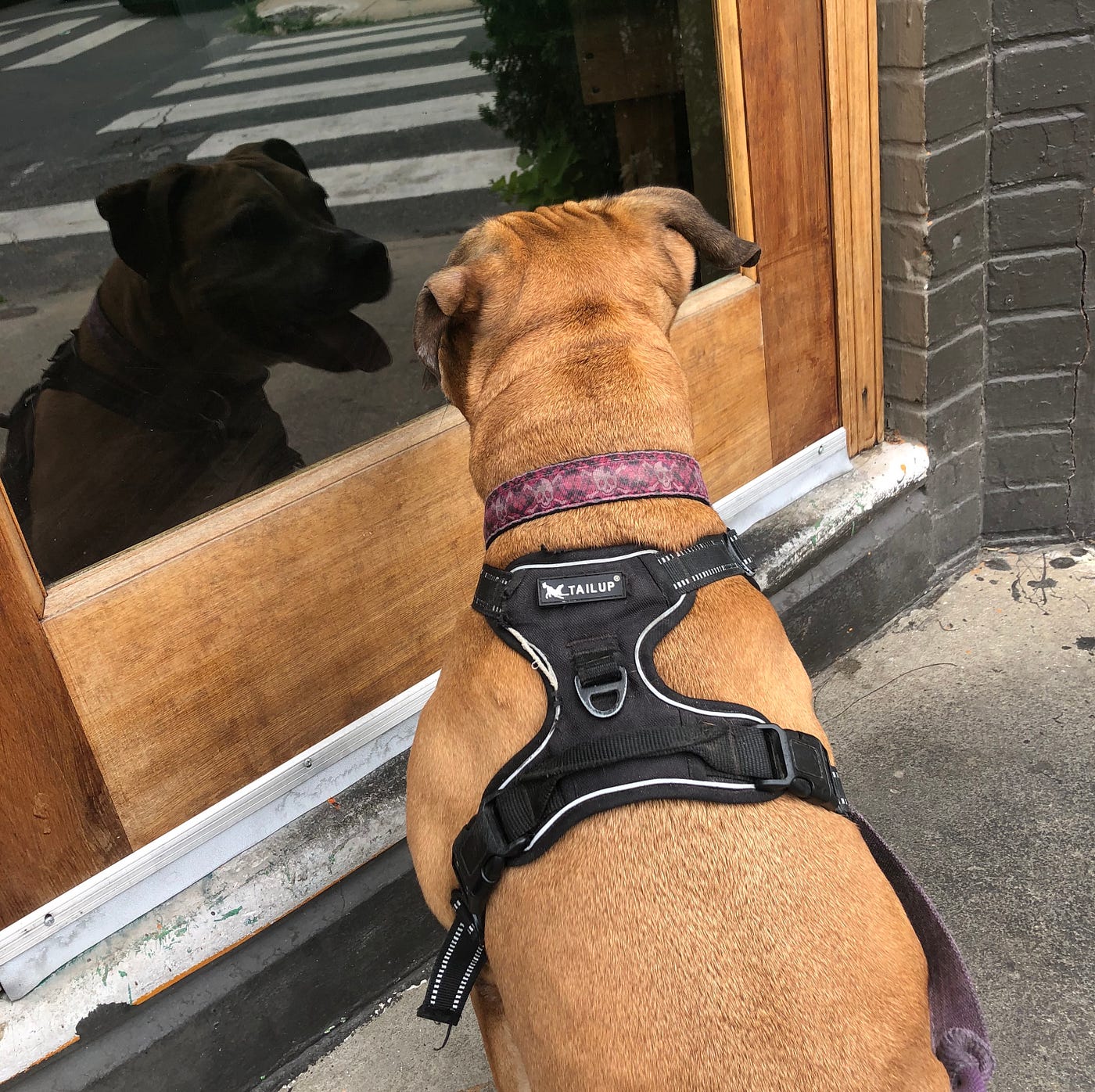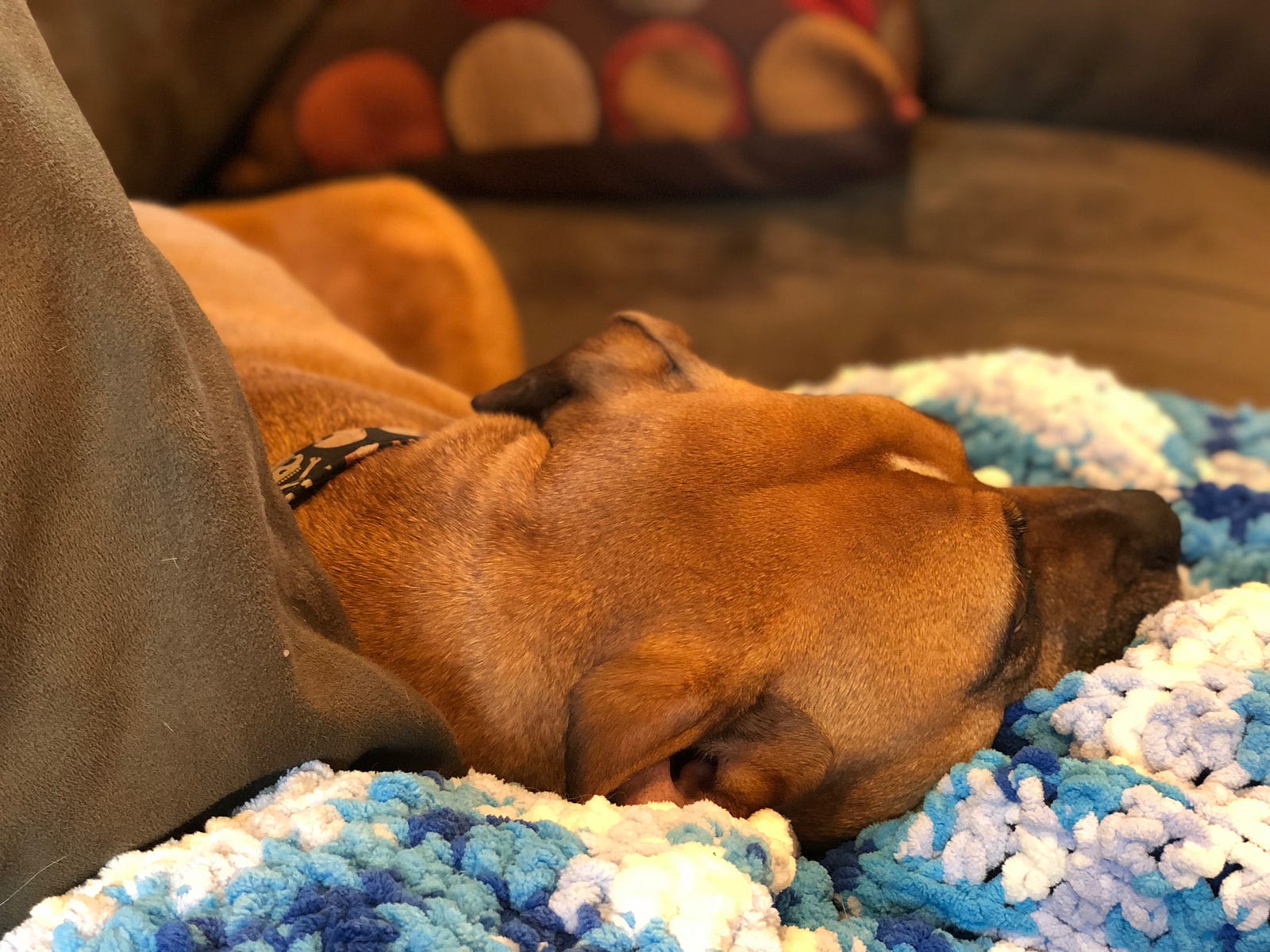As an adult, getting diagnosed with ADHD is both time consuming and costly. Trying to get your meds filled, while not costly, will take hours of your life during which you’d rather be doing literally anything else. But what nobody talks about is how much things start to cost you because you have ADHD, outside of the actual medical costs of having ADHD.
So now I’m talking about it:
If you are a person with ADHD who struggles sometimes to remember to do something that is ostensibly simple, or who gets so distracted during the process of doing it that the task is never completed, companies … are counting on people like you to miss your to chance to save your money or get your money back. That way, they can keep more of it for themselves.
The costs people with ADHD do not talk about—whether because they don’t realize these are associated costs or because they do but they’re embarrassed by them—are the ones that can’t be tied directly to treating or managing their condition. They don’t talk about how they bought the same book three times because they couldn’t remember whether they owned it or not. About how they keep throwing expired yogurt away because it had been languishing for months in the back of the fridge, where they’d forgotten they’d placed it because they were on the phone with their parents when they unloaded their groceries and weren’t paying attention to what went where. About how they have now bought at least five travel pillows from various airports because they couldn’t be bothered to make a packing list and they left their other pillows at home. (Are these also examples taken from my own life? I think you already know the answer.)
Read my latest essay on Medium here.





 I get approached a lot by people who want me to help them do something, but they don’t see why they should pay for it—and I’m not alone.
I get approached a lot by people who want me to help them do something, but they don’t see why they should pay for it—and I’m not alone.
 Simon came home from the hospital with a cancer diagnosis and an upper respiratory infection, and we had to keep him isolated from the rest of the cats until the later was no longer infectious. I spent a lot of time thinking about the paradox of Schrödinger’s Cat while Simon was in isolation, always wondering what would await me when I opened the door to his quarantine area:
Simon came home from the hospital with a cancer diagnosis and an upper respiratory infection, and we had to keep him isolated from the rest of the cats until the later was no longer infectious. I spent a lot of time thinking about the paradox of Schrödinger’s Cat while Simon was in isolation, always wondering what would await me when I opened the door to his quarantine area: When I wrote this essay about my discomfort with laughing at the pain of others, I just felt like I had something I needed to get off my chest. I wasn’t expecting it to resonate with strangers the way it did, but clearly something hit a nerve.
When I wrote this essay about my discomfort with laughing at the pain of others, I just felt like I had something I needed to get off my chest. I wasn’t expecting it to resonate with strangers the way it did, but clearly something hit a nerve.